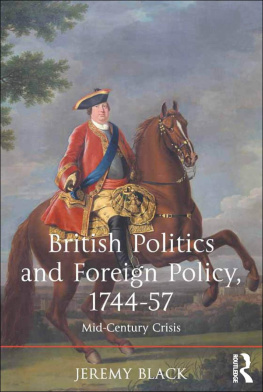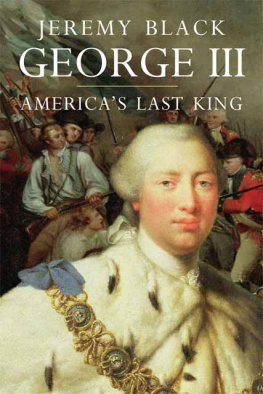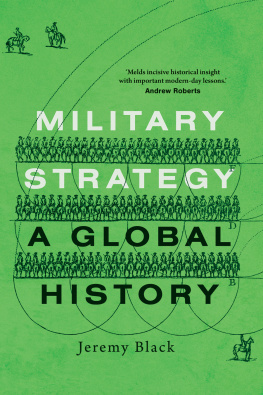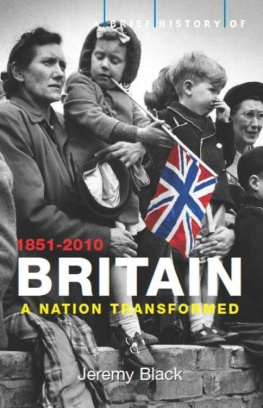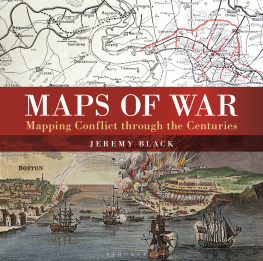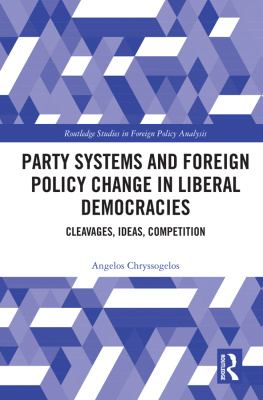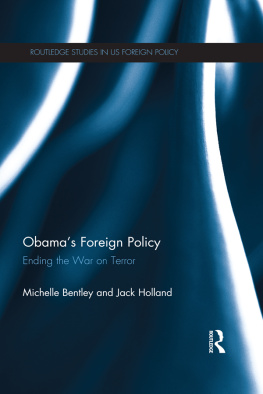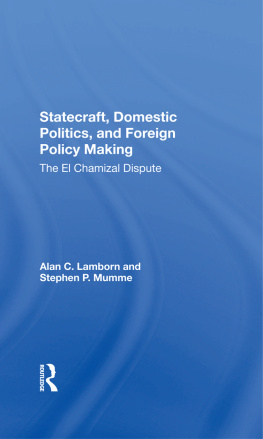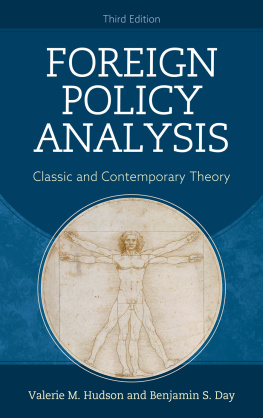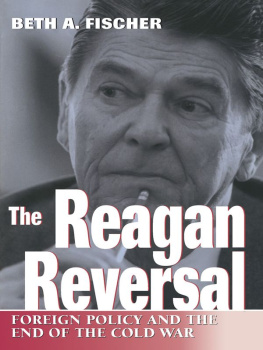First published 2015 by Ashgate Publishing
Published 2016 by Routledge
2 Park Square, Milton Park, Abingdon, Oxon OX14 4RN
711 Third Avenue, New York, NY 10017, USA
Routledge is an imprint of the Taylor & Francis Group, an informa business
Copyright Jeremy Black 2015
Jeremy Black has asserted his right under the Copyright, Designs and Patents Act, 1988, to be identified as the author of this work.
All rights reserved. No part of this book may be reprinted or reproduced or utilised in any form or by any electronic, mechanical, or other means, now known or hereafter invented, including photocopying and recording, or in any information storage or retrieval system, without permission in writing from the publishers.
Notice:
Product or corporate names may be trademarks or registered trademarks, and are used only for identification and explanation without intent to infringe.
British Library Cataloguing in Publication Data
A catalogue record for this book is available from the British Library
The Library of Congress has cataloged the printed edition as follows:
Black, Jeremy, 1955-
British politics and foreign policy, 1744-57 : mid-century crisis / by Jeremy Black.
pages cm
Includes bibliographical references and index.
ISBN 978-1-4724-2369-6 (hardcover : alk. paper) -- ISBN 978-1-3155-7024-2 (ebook) -- ISBN 978-1-3171-7160-7 (epub) 1. Great Britain--Foreign relations--1727-1760. 2. Great Britain--Politics and government--1727-1760. 3. Seven Years War, 1756-1763--Causes. I. Title.
DA500.B535 2015
327.41009033--dc23
2015007104
ISBN 9781472423696 (hbk)
ISBN 9781315570242 (ebk-PDF)
ISBN 9781317171607 (ebk-ePUB)
Preface
A mid-eighteenth century crisis is not the usual way in which the rise of Britain to imperial greatness, and unprecedented global power by 1763, is approached. However, the period from 1744 to 1757 is important and instructive, because there was indeed both a crisis and a strong sense of crisis. For Britain, these were years of repeated failure and of serious anxiety, both of which were important in their own way and were to affect subsequent attitudes and policies. A focus on these problems, and on the resulting search for solutions, provides a key subject and theme in this book, and a way to examine foreign power and to consider its relationship with domestic politics.
Imperial greatness was to be amply displayed in the terms of the Peace of Paris of 1763, terms that arose from a series of triumphs, most obviously in 1759, the Year of Victories. In that year, British forces captured Quebec as well as Guadeloupe in the West Indies, a French army was defeated at Minden in modern Germany, and the French fleet was heavily defeated in two dramatic battles, Lagos and Quiberon Bay. In 1763, Britain made major territorial gains in North America, the West Indies and West Africa, bringing the war to a triumphant conclusion. It is all too easy, therefore, to write an account of the eighteenth century, or, more narrowly, of the mid-eighteenth century, in which the structural reasons for British success, ones that explain the victories, are emphasised, while Britains success appears well nigh inevitable. That was not, however, how the earlier situation struck most contemporaries, both British and foreign. Instead, crisis was to the fore.
This crisis was given dramatic force from the outset. In 1744, Britain was nearly invaded by the French, being saved by spring storms in the Channel from a major naval expedition designed to help the Jacobites, the supporters of the Stuart claimants on the throne. To Whigs, those who supported the tendency, movement or inclination that captured the political alignment and heritage of the government and, in addition, those of some of the opposition, this French backing for the Jacobites represented a fundamental threat and:
The following year, the Hanoverian regime, that established in 1714 as a result of the Act of Settlement in 1701, and headed from 1727 to 1760 by George II, was nearly overthrown by a Jacobite rising. Under Charles Edward Stuart, Bonnie Prince Charlie, the elder son of the Jacobite claimant James III (and VIII of Scotland), the Jacobites overran much of Scotland, before marching south in England as far as Derby in the East Midlands. Whether they would march on to London as Charles Edward wanted, and whether, if so, it would be possible to stop it, became a key issue. Despite victory at Culloden on 16 April (os) 1746, invasion fears persisted.
Abroad, and over a longer time span, Britain found the War of the Austrian Succession far more difficult than had been anticipated when British troops were sent to the Continent in 1742. These forces began fighting the French the following year, famously and victoriously so at the battle of Dettingen. However, this victory did not have the anticipated outcome, while the 1744 campaign proved a serious disappointment. In addition, repeatedly defeated from 1745, the year of the battle of Fontenoy, British forces were driven from the Austrian Netherlands (Belgium). Moreover, in 1747, the United Provinces (Netherlands), Britains key ally, were invaded by the French, with the major fortress of Bergen-op-Zoom falling. Britains alliance system could not deliver the anticipated results, either militarily or diplomatically, a major failure for foreign policy. The war ended, in 1748, with serious anxiety about the ability to defend the United Provinces, where the major fortress of Maastricht fell, which it had last done to the French in 1673. There was concern over what France and its sometime ally Prussia could, and would, go on to do.
In the event, after war panics, notably involving the possibility of a Prussian attack on Hanover in 1753, Britain began hostilities with France in 1754 and, on a greater scale, 1755, but without an alliance system able to deliver support. This continued to be the situation in 1756 when war was formally declared by both powers. In addition, in 1756, Britains flawed alliance system, with Austria, the United Provinces [modern Netherlands] and Russia, collapsed. As a result of unexpected diplomatic changes that year, Britain was left linked to the weakest of the trio of Austria, Prussia and Russia: Prussia under Frederick II, the Great (r. 174086). The Russian alliance that had been eagerly sought by successive ministries from the early 1730s was no more, and this was perceived as a major diplomatic and strategic failure.
The subsequent war initially went badly for Britain. The Mediterranean island of Minorca was lost in 1756, with a British fleet failing to relieve the British garrison, a cause of great humiliation. There were fears of a French invasion of Britain, fears that greatly affected government policy. Claims that Britain had lost its historical vigour the Breed of our Britons is changed from what it was when we conquered France under our Edwards and Henrys, a reference to Edward III and Henry V were matched by suggestions of ethnic, indeed racial, degradation as a consequence of the arrival of Hanoverian troops and Jews.
The ministry fell in 1756, despite its very strong showing in the latest general election, that of 1754. In 1757, Robert, 4th Earl of Holdernesse, one of the two Secretaries of State, discerned a fundamental threat, with France and Austria upon the point of subverting the System of Europe, and of Submitting the World to their Arbitrary Will and Pleasure.

